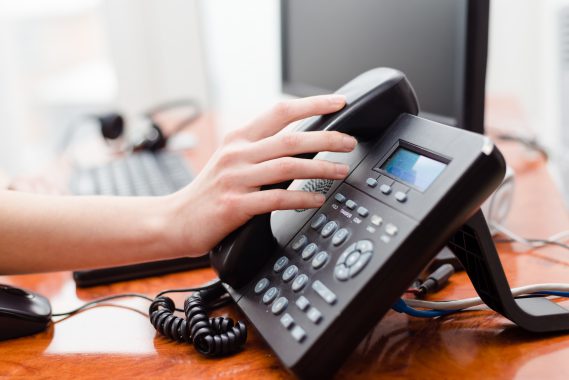GPs ‘not expected’ to see Covid-19 patients booked in by CCAS face to face

There is no expectation that patients being booked in for appointments with their GP by NHS 111’s Covid clinical assessment service (CCAS) will ‘turn up’ at practices, NHS England has clarified.
Earlier this week, NHS England announced temporary contractual changes stipulating that GP practices must free up one appointment per 500 patients every day for direct booking by NHS 111/CCAS.
However, in a live webinar for GPs last night, NHS England made clear this did not mean patients with Covid-19 symptoms would present at GP surgeries.
Director for primary care strategy and contracts Ed Waller said: ‘These are not the same appointments in form and feel as the ones that you’re used to allowing NHS 111 to book into. These are simply a way of transferring patients who need contact from their GP into the workflow of GPs in their practice.
‘They are not booking people into specific time slots with any expectation that they will turn up in the surgery, for example.’
The CCAS, which is staffed by clinicians, has been set up as an extension to NHS 111 during the Covid-19 outbreak to triage patients when the algorithm used by call handlers has been unable to determine whether or not they need hospital admission.
Also speaking in last night’s webinar, NHS England digital lead Dr Masood Nazir said GPs should be able to manage this ‘small number’ of patients by telephone or video consultation.
He said: ‘The practice will look at the patient’s details to make contact with them by telephone, by video consultation or in some cases be able to offer them advice on something they need.’
Dr Nazir added that NHS England is hoping to publish a standard operating procedure on the CCAS direct booking system ‘in the next couple of days’.
The temporary amendment to the GP contract, which also says NHS England and the health secretary can take control of practices’ ‘whole appointments book’ for Covid-19 patient referrals, is effective until 30 June.
NHS 111 uses use an algorithm to sort patients with Covid-19 symptoms into cohorts, including those with severe symptoms who require an ambulance, those with mild symptoms, and those who require further clinical assessment by CCAS.
GPs have been asked to ‘proactively manage’ patients referred to them by the CCAS, and also to offer up their spare time to staff the telephone service.
Patients with Covid-19 symptoms are being directed to NHS 111 as a first port of call, but in instances where patients have been unable to get through to 111 – which is experiencing record call volumes – GPs have been asked to avoid ‘looping’ them back.
NHS England’s stages of assessment of patients with coronavirus symptoms
NHS 111 has been commissioned nationally to provide a dedicated Covid-19 response service to free practices to focus on managing those most at risk of complications from Covid-19. A consistent algorithm will be used to stream patients into the following cohorts:
• Cohort 1 – patient demonstrating severe symptoms, requires treatment in hospital and will likely require an ambulance response
• Cohort 2a – symptomatic patients requiring further clinical assessment before final disposition is decided (these are referred to the Covid Clinical Assessment Service or CCAS)
• Cohort 2b – patient exhibiting mild symptoms but has self-declared high at risk status, having received a letter from the NHS – a post-event message recording this contact will be sent to registered GP for information
• Cohort 3 – patient is showing mild symptoms and advised to self-isolate at home and to reassess via NHS 111 (online whenever possible) if symptoms deteriorate (GP informed via a post event message).
Where CCAS assessment is required, this will result in one of the following outcomes:
• reclassification as cohort 1 – patient demonstrating severe symptoms, requires treatment in hospital and will likely require an ambulance response
• reclassified as cohort 3 – patient is showing mild symptoms and advised to self-isolate at home and to reassess via NHS 111 (online whenever possible) if symptoms deteriorate (GP informed via a post-event message and call closed)
• requires proactive action from practice – eg telephone monitoring
• requires face-to-face assessment in primary care; message sent to appropriate service to arrange.
Source: NHS England’s Preparedness update letter for general practice: 27 March 2020
Pulse October survey
Take our July 2025 survey to potentially win £1.000 worth of tokens










